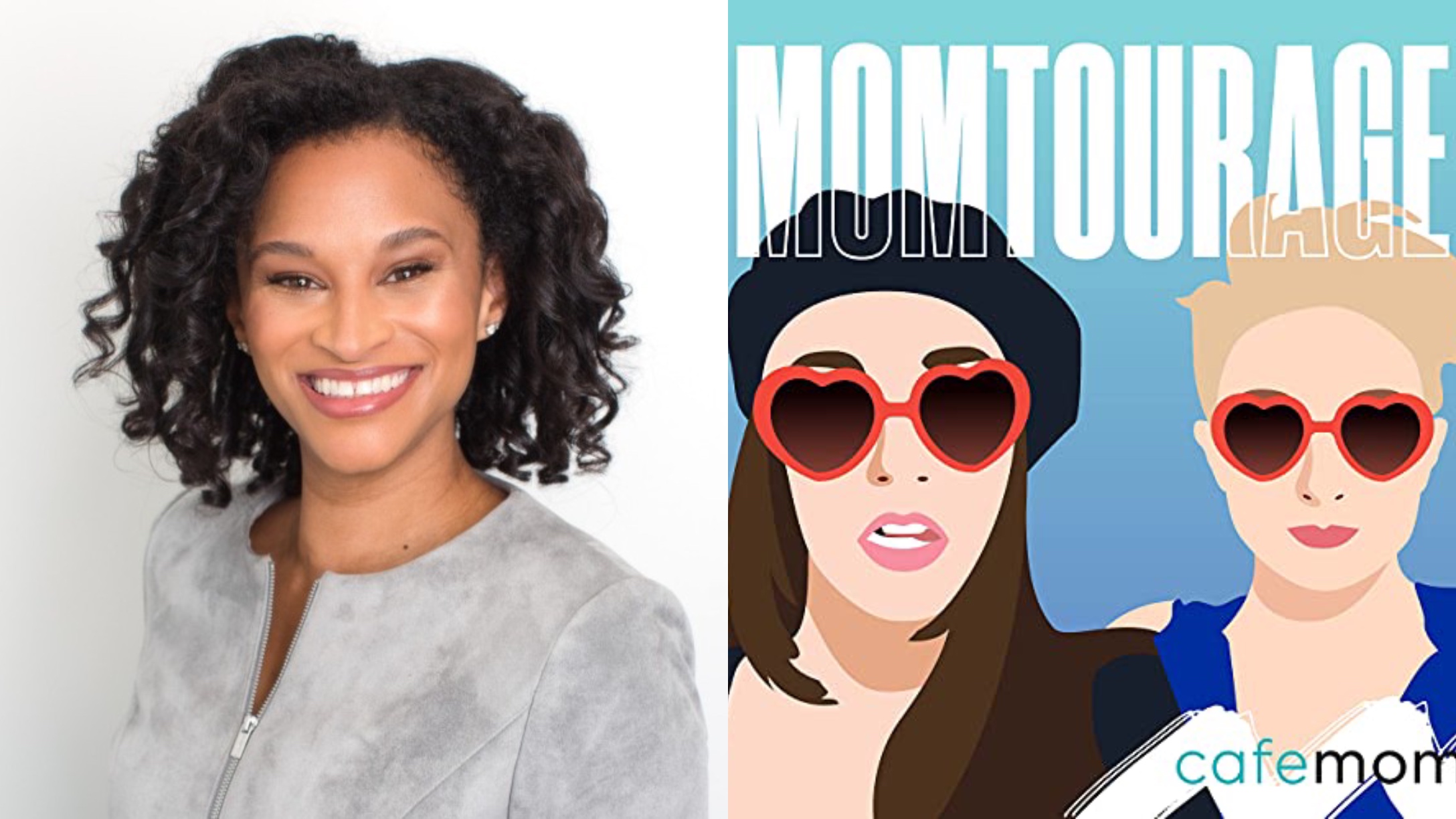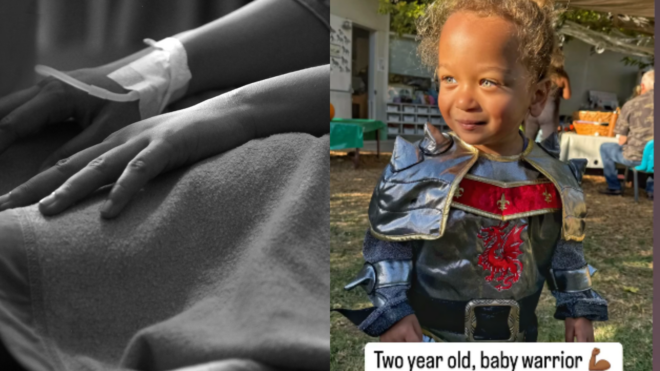
The United States has a birthing problem. Momtourage podcast hosts Ashley Hearon-Smith and Keri Setaro know that firsthand. Keri, a blonde-haired, blue-eyed white woman with quality health insurance found that doctors didn’t listen to her, resulting in a complicated birth process. But as the saying goes, “When white folks catch a cold, Black folks get pneumonia.”
The realities of birthing as a Black woman in this country are daunting. Black women are three times more likely to die during or after childbirth than their white counterparts. And two-thirds of these deaths are considered preventable. In an effort to join Black women in amplifying this systemic issue, Ashley and Keri spoke to Maya Hardigan (Momtourage's full chat follows) about Mae, a digital health platform designed to help reduce maternal health disparities for Black women.
Listen to Momtourage with Maya Hardigan here:
'We have not had equitable health care for generations,' Mae founder and CEO Maya Hardigan says.
Maya knows that Black women are more likely to develop chronic conditions like hypertension, cardiovascular disease, and gestational diabetes when they’re pregnant. Still, this is not an indictment on their choices or victim shaming.
The issue is a historically and currently racist health care system. “We have not had equitable healthcare for generations,” Maya states. Still, Black women, with the help of Mae, do have options and resources to “put [themselves] in the strongest position for a successful pregnancy.”
Mae offers best practice solutions for the highest quality of maternal care for Black women.
The name of the platform is an homage to Dr. May Edward Chinn, the first African American woman to graduate from what is now the NYU School of Medicine. Chinn accomplished this feat in 1926. Stifled by the times in which she lived, she was barred from practicing at local hospitals. Undeterred, she opened a private practice in Harlem, focusing on underserved Black patients in the area.
Following in Chinn’s footsteps, Mae offers best-practice solutions for the “highest quality of maternal health care” with Black women specifically in mind.
Those practices include “robust perinatal education and symptom awareness drive;” doula support, as “Doulas have been proven to drive down rates of C-section and pre-term labor,” per Maya; and culturally competent health care providers. Studies have found the health of newborns increased when doctors shared their race.
'Remind yourself every day, every moment that you have the choice to switch,' Maya advises new mothers.
With Black people accounting for just 4% of the nation’s doctors, that cultural competency may appear in the form of nurses, doulas or a midwife. And if Black expectant mothers can’t find cultural alignment, Maya suggests finding a provider who expresses a “commitment to treating all equally.”
If your health care provider still doesn’t seem like a good fit, “Remind yourself every day, every moment that you have the choice to switch, to find someone who is better able to meet your needs or respect you as a human,” Maya says.
Mae also connects Black mothers with doula resources.
In addition to access to culturally competent providers, Mae also offers holistic health tracks and specialized multimedia resources on Black maternal health. Maya says the more she delves into Black maternal health, the more she learns how stress can affect pregnancy and postpartum healing.
“Black women tend to have much higher rates of postpartum depression,” Maya shares. “Very often that goes undiagnosed.” Doulas can help identify a shift in mental health and help Black mothers work through those feelings even after the baby has been delivered.
You can learn more about Mae at MeetMae.com
When Ashley was pregnant and doing her research, she found that insurance companies often don’t cover doula services.
For Mae, “It was critically important that we figured out how to work with our Medicaid plan partners because our goal at Mae is not to have launched a solution to put into the world to focus on disparities that only a few people could pay for," Maya shares. "Our goal was to focus on being to serve a majority of Black expectant mothers with a solution where money wouldn’t be a barrier.”
In the last year, Mae has partnered with some insurance companies. It’s a feat, Ashley acknowledged, that is not always easy and should be commended. Learn more about Mae at MeetMae.com.







